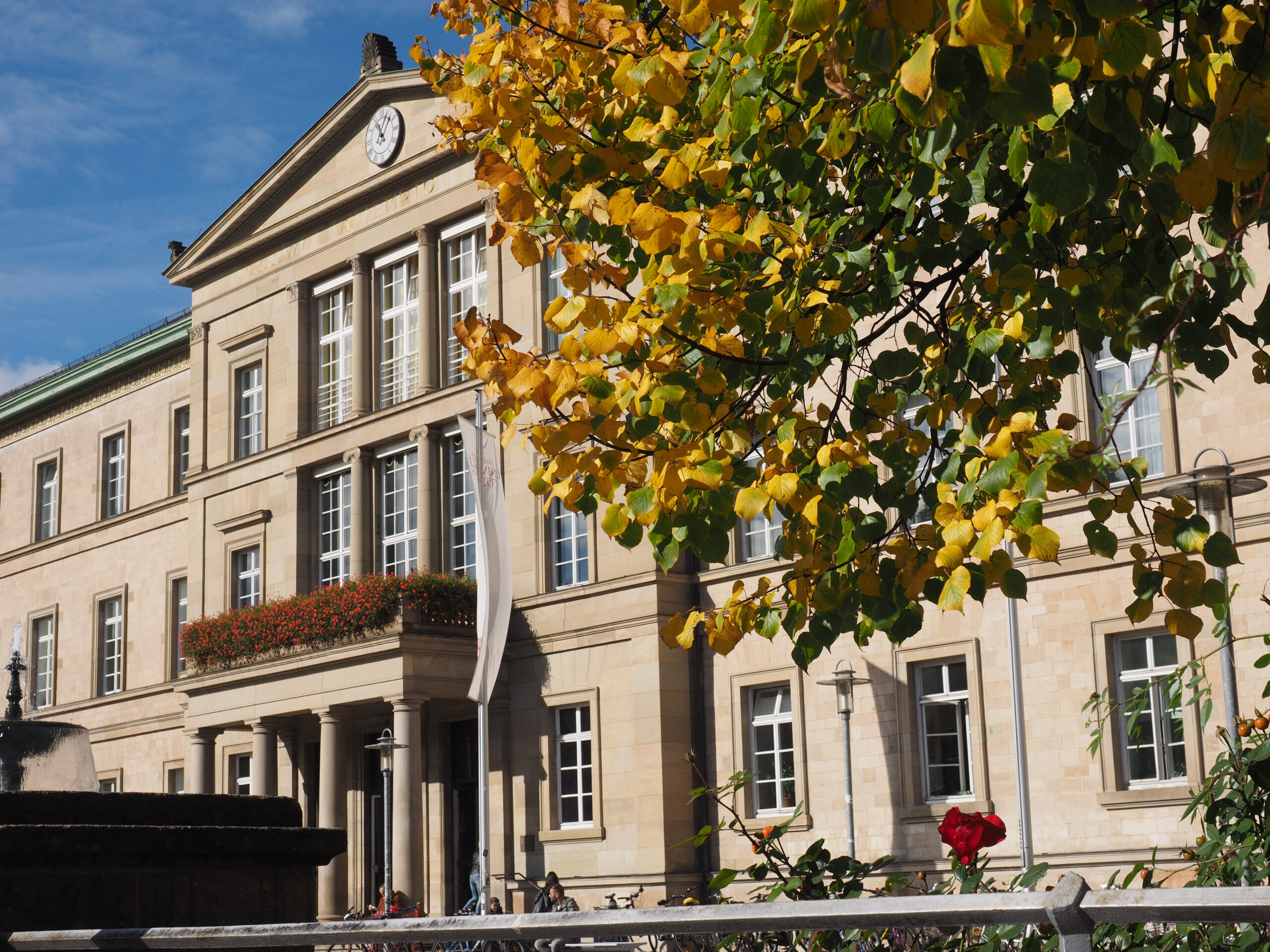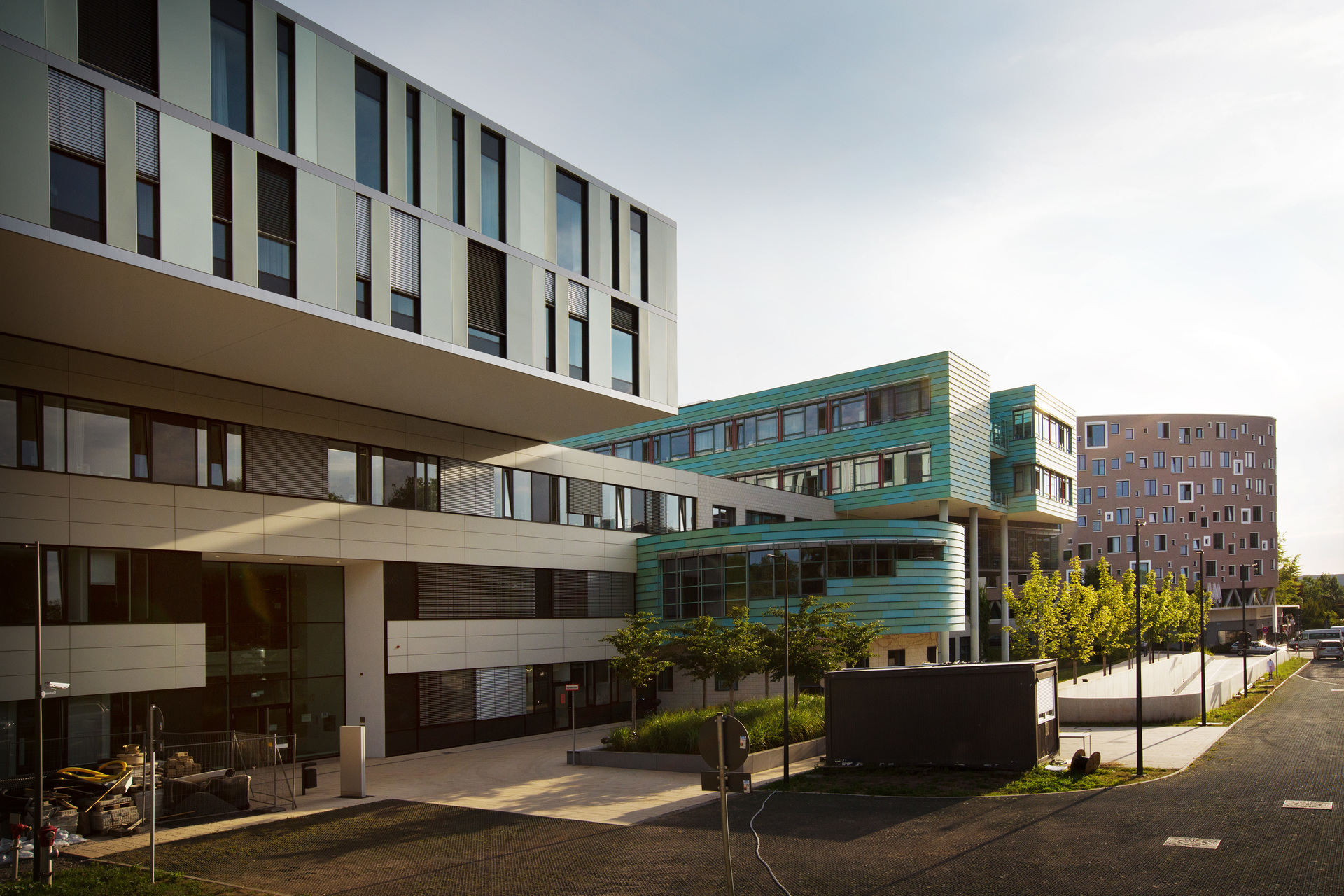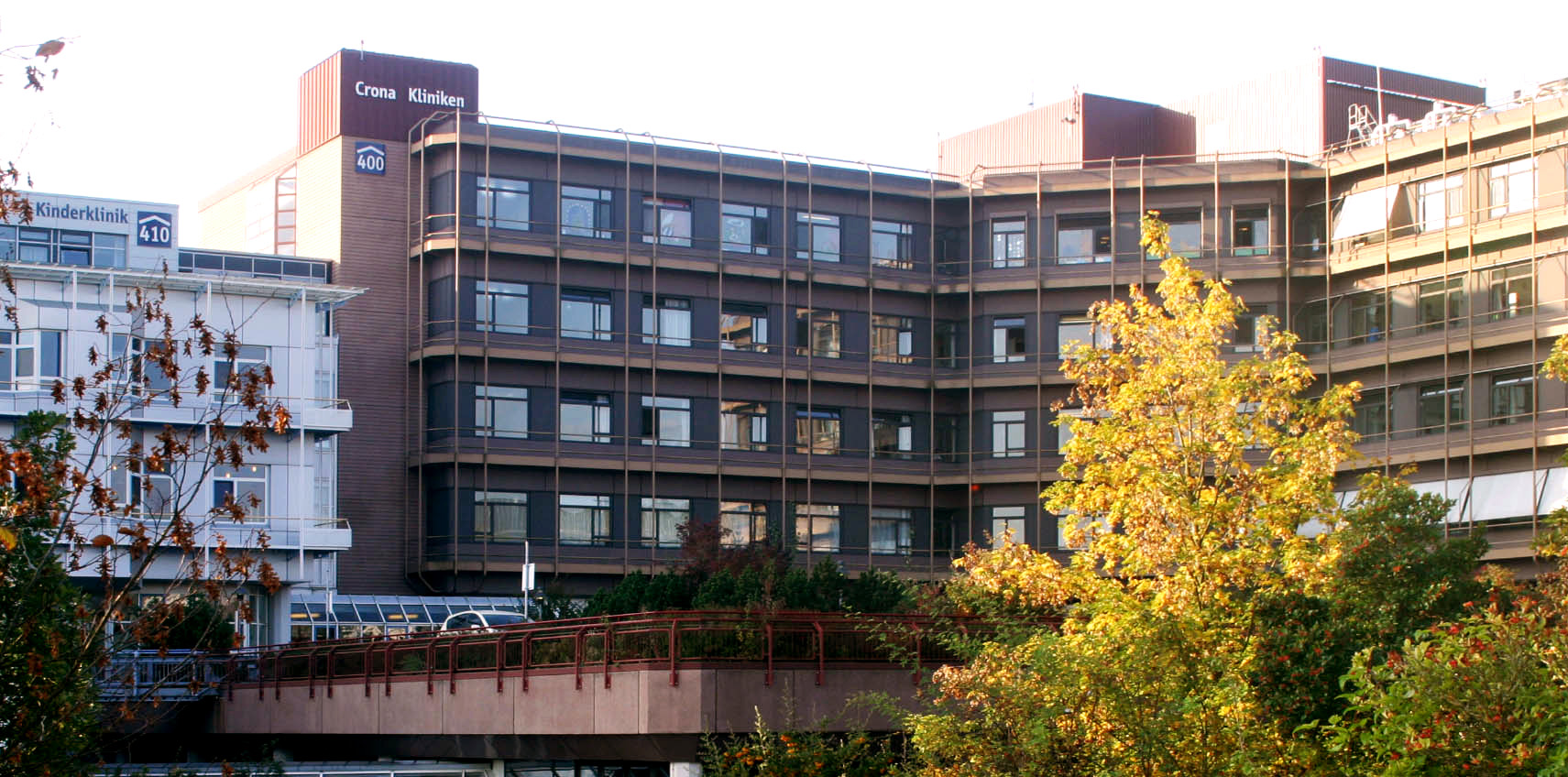In the coming year 2025, the Digital Medical Ethics Network will offer scholarships to scientists working in the field of digital health ethics.
Open Call: DiMEN-Fellowship 2025
The Digital Medical Ethics Network (DiMEN) is now accepting applications for the 2025 DiMEN-Fellowship, hosted by the Junior Professorship of Medical Ethics with a Focus on Digitization, Faculty of Health Sciences Brandenburg at the University of Potsdam and the Institute for Medical Ethics and History of Medicine, University of Tübingen. This opportunity is for doctoral and post-doctoral researchers who would like to spend their time in Potsdam or Tübingen. DiMEN-Fellows will have the opportunity to conduct an innovative project of their choosing, to become part of the institutes’ vibrant communities and to engage in collaborative and interdisciplinary exploration of some of the most important and pressing ethical issues in digital health.
Apply now!
EXTENDED DEADLINE: This call is open until 18.11.2024
Download complete CallDownload Application templateAbout the Program
To foster international scientific exchange, the DiMEN-Fellowship addresses outstanding young (doctoral or post-doctoral) scholars pursuing innovative research on ethical dimensions in the ecosystem of digital medicine and healthcare. During a period of 1 to 3 months (depending on project and available resources), the DiMEN-Fellowship provides international and national researchers with the opportunity to stay at the University of Potsdam or the University of Tübingen. Fellows receive a monthly stipend (1.400 € for pre-doctoral fellows and 2.100 € for post-doctoral fellows per month plus max. 100 € for academic expenses) to cover living expenses for the period of their stay. They get access to the institutes’ research infrastructures and networks.
-
to explore new and innovative topics in the field of ethics of digital health including new technologies as well as methods and approaches in digital medical ethics or bioethics.
-
define your format of output (journal article, grant application, book chapter etc.)
-
connect and collaborate with peers and renown researchers in the field
-
become a member of the growing DiMEN-community
Eligibility Criteria
Applicants have a degree in a field relevant for health ethics research (e.g., medicine, nursing sciences, technical or data sciences, philosophy, social sciences). Their track record displays a considerable interest in digital health ethics research appropriate to their career stage. Applicants show a keen interest in networking, collaborating with their peers and sharing their work with other researchers, for example, in presentations or workshops during their stay. Applications from low- and middle-income countries are especially encouraged.
Download the Application Template
Start your application here and download the project template.
Download complete CallDownload Application templateThe hosting Universities
University of Potsdam
The University of Potsdam was founded in 1991. It is known for its excellent degree programmes in the humanities and social sciences as well as natural sciences and engineering. With the Hasso Plattner Institute, the University of Potsdam has an independent Faculty of Digital Engineering that is unique in the German university landscape. Special emphasis is placed on interdisciplinary and practice-oriented research. The University of Potsdam offers many international study opportunities and partnerships with universities abroad. In total, the University of Potsdam has over 20,000 students, making it one of the larger universities in Germany.
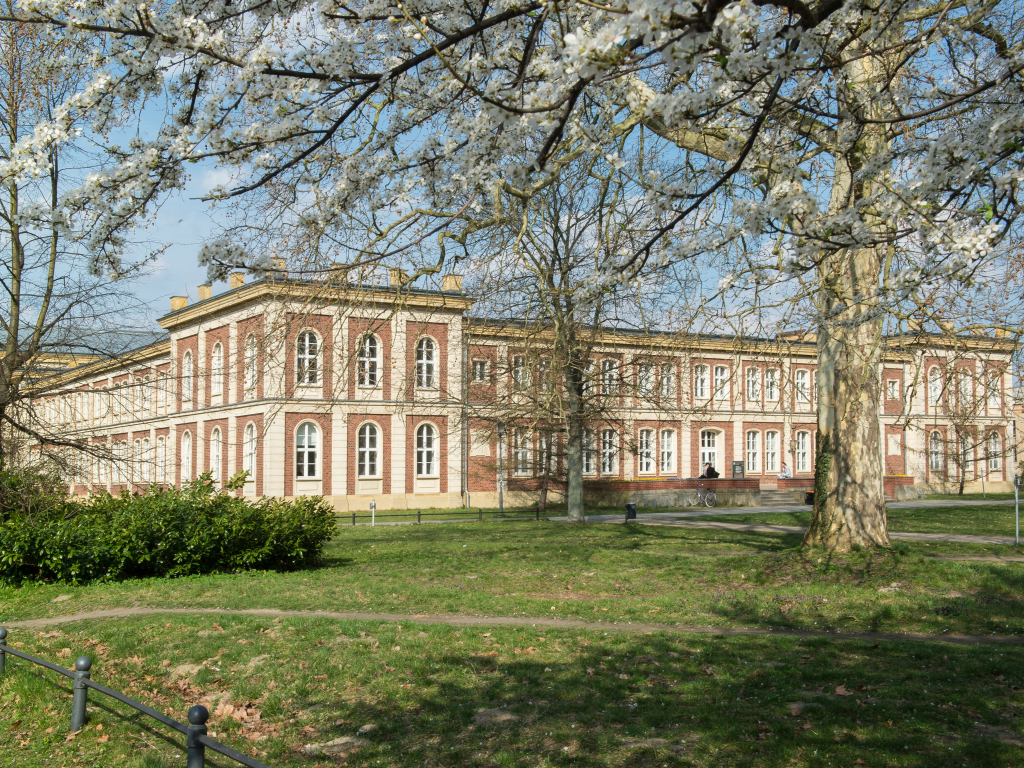
Source: University of Potsdam

Source: University of Potsdam
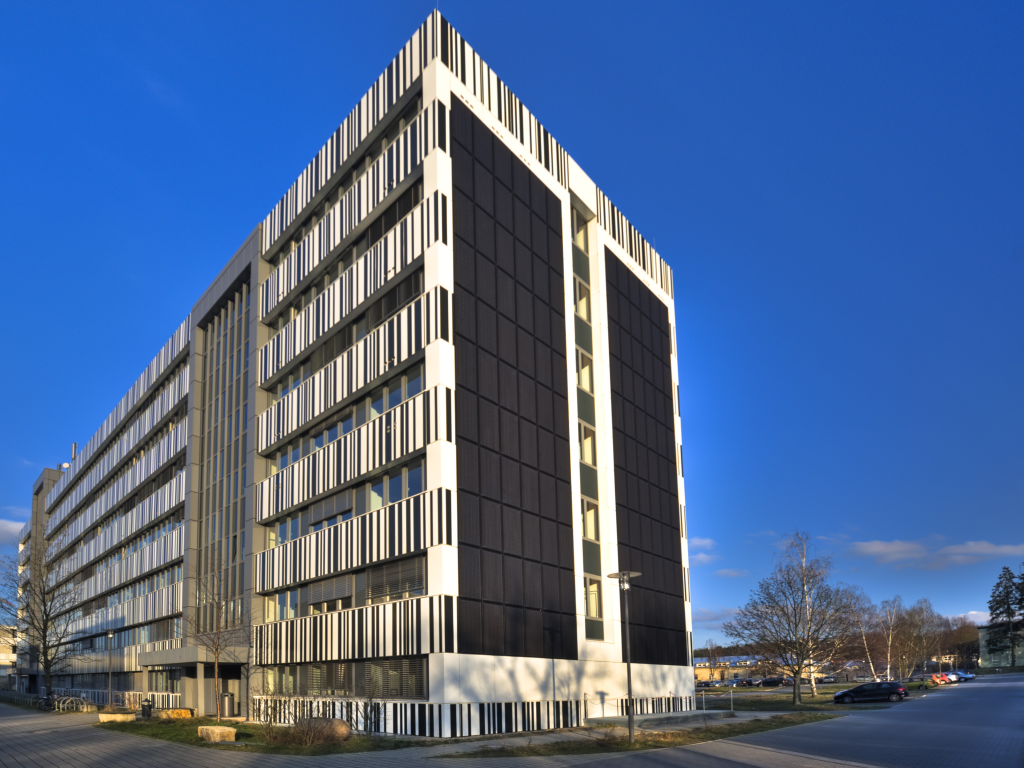
Source: University of Potsdam
The hosting Junior Professorship for Medical Ethics is assigned to the Faculty of Health Sciences Brandenburg. It is dedicated to ethical aspects of health sciences and medicine against the backdrop of the growing use of digital technologies, the exploitation of large amounts of data (“Big Data”) and automation. The Faculty of Health Sciences was established in 2018 by three sponsoring universities: the University of Potsdam, the Brandenburg University of Technology Cottbus-Senftenberg and the Brandenburg Medical School Theodor Fontane. The Faculty of Health Sciences aims to strengthen the cooperation of university and non-university scientists by intensifying joint research and collaboration.
Eberhard Karls University Tübingen
Established in 1477, the University of Tübingen is a centre for outstanding research and excellent teaching. The University of Tübingen is committed to finding solutions for the challenges of the future in a globalised society. With its extraordinarily broad range of subjects, which currently offers more than 28,000 students the opportunity to study in around 200 degree programmes, it offers researchers from different disciplines a wide range of opportunities for cooperation and networking.
The hosting Institute for Ethics and History of Medicine is part of the Faculty of Medicine in Tübingen. The Institute’s research and teaching cover the broad range of medical ethics and history with different focal points. Current ethical research focuses include, for example, (medical) professional ethics, ethics and ageing, social justice, ethical aspects of new biotechnologies, research ethics and the digitization of medicine (especially health apps, smart support in old age, digital decision support, algorithms/AI). In addition to the joint research on ethics of digital health, the focus in the “Digital Medical Ethics Network” is on the development of suitable teaching and formats for professional education in digital health.
Do you have a Question?
In case of any questions, do not hesitate to contact us via email (fellowship@digitalmedicalethics.net).
An application should include a curriculum vitae, a brief cover letter and a description of the project the applicant would like to work on during their stay. Please use our template for the description of your project which can be downloaded at. Please send all documents in a single pdf file to fellowship@digitalmedicalethics.net no later than 18.11.2024. In case of any questions, do not hesitate to contact us via this address. Applicants are welcome to discuss their ideas with the DiMEN-Team in advance.
The languages of communication at the institutes involved and in everyday life at German universities are German and English. The application should be written in English. The style of the application’s linguistic expression is not an evaluation criterion as is knowledge of the German language.
We value interdisciplinary exchange and plurality in perspectives. You work in engineering sciences and you are interested in the ethical aspects of creating and designing technological artefacts? You want to explore the ethical aspects of your work in a practical way but the output would not necessarily be a paper or a research proposal? That’s great! Tell us about your project and what you have in mind!
The DiMEN Fellowship can be granted for a period of 2 to 12 weeks. The time period chosen should correspond with the working plan of the proposed project. Please note that we will try to accommodate each successful applicant with the desired length of fellowship. However, due to the financial limitations of the program, we reserve the right to propose a different time frame.
The DiMEN-Fellowship is designed to aid to you in conducting a project (a chapter, article, grant-proposal etc.) as best as possible. This is why we have not specified the timeframe in more detail. We want our applicants to be able to focus on their work. Depending on the applicants’ plans and project some times might be more suitable than others. For example, at German Universities, lecture times in 2024 are from 08.04.2024 – 19.07.2024 and 14.10.2024 – 07.02.2025. These times are usually busier. There are more events and contact persons are easier to meet. That would be a great time to develop new collaborations or to present your work to a larger audience. During the lecture-free periods, on the other hand, you can work in a more concentrated way which may be more suitable for less collaborative project like writing an article. We would expect from our applicants to consider these advantages and disadvantages of certain periods in reference to their proposed project (see project template). You are welcome to discuss your ideas with us in advance, if that would be helpful for you.

